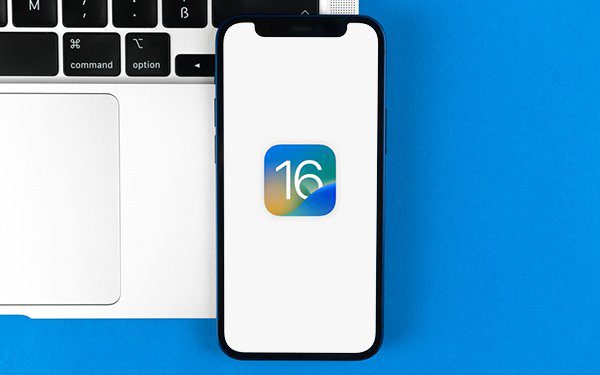In iOS 16, iPad OS 16, and macOS Ventura, Apple will include a new barrier to prevent successful phishing attempts. This barrier will display a company’s official emblem to assist users to distinguish real from phony emails BIMI.
Message Identification Brand Indicators
Brand Indicators for Message Identification will be supported by the following OS systems from Apple (BIMI). This protocol will make it possible to include brand-controlled emblems in emails, letting recipients know that an email came from a specified organization. Since 2021, Google has backed BIMI.
Companies must use DMARC to verify their email in order to comply with BIMI. DMARC aids mail administrators in stopping hackers and other attackers from impersonating their company and domain, as explained in further detail by the IETF in a paper dated March 2015.
There won’t be total peace of mind from the feature.
Not all businesses will be accredited
Since individuals who build these attacks are always coming up with new ideas, many smaller businesses will probably never be certified, and it’s likely the system itself may be misused over time.
The email client must also support the functionality, which won’t happen until Apple releases the upcoming versions of its operating systems.
What the BIMI offers
However, what BIMI does offer is a graphical way to evaluate trustworthiness when getting a text. Making it harder for criminals to pose as well-known brands in emails, helps safeguard us against hacking and malware attacks.
That’s significant in the pluralistic sense since we have all seen malware infection efforts concealed in emails that appeared to be sent by well-known companies.
Making successful phishing and targeted attacks against businesses or supply chain partners more difficult may also help secure organizational communications.
This is especially crucial because industrial companies sometimes rely on antiquated security procedures and ransomware attackers are presently focusing on smaller businesses while larger organizations put stronger protections in place. Manufacturing is one of the crucial US industries that require improved security protection, according to the recently established US Cybersecurity & Infrastructure Security Agency.
Of course, B2C marketing is the key use. In their efforts to get clients to open email marketing messages, marketers will heavily rely on BIMI.
Success will continue to depend on the magic marketing mix of a reputable brand and pertinent content. Recent research is worth noting since it reveals that customers are more likely to open emails that have a logo beside them and that this form of branding also enhances brand recognition over time.
What it does
Brands may use BIMI to check the validity of emails they send. After verification, the system can display the business logo in an appropriate location within an accompanying email client. ISPs in charge of end-user traffic can review the BIMI text file, which is retained on the sender’s server, to confirm its legitimacy.
It is difficult for spammers to figure out how to display their fake logo in the exact location because of the interaction between BIMI, DMARC, and the email client. As a result, customers are less likely to unintentionally execute malicious malware since they can identify authentic emails and remove those that aren’t before opening them.
Internet security
The industry’s approval of the standard is echoed by Apple’s decision to support BIMI in Mail. It is supported by Yahoo! Mail, Google, Verizon, AOL, and Microsoft. With Apple’s inclusion, the specification has amassed enough support.
In its upcoming OS upgrades, Apple will make more attempts to restrict how users interact with the internet across all of its devices. Its choice to standardize a CAPTCHA substitute will lessen online friction (and help protect user IP addresses). A significant step in replacing secure passwords with even more efficient fingerprint account/service protection will be observed in its support for next-generation authentication in the form of passkeys. Apple continues to invest in privacy, and as declarative device management for the Mac approaches, improvements in endpoint security, as well as greater protection against cross-site scripting, are also in the works.
